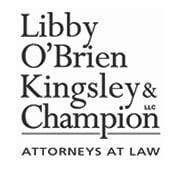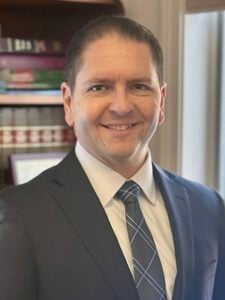One question receiving much attention regarding the coronavirus (COVID-19) pandemic is childcare. In some instances, daycares, childcare centers, and preschools have closed but are still charging families. Is this lawful?
It depends.
The first issue to consider when assessing whether a parent may be charged during an extended closure due to coronavirus is the contract between the parent and the childcare provider. If the contract provides what will happen in the case of an extended closure, then the contract language will likely control. If the contract does not cover extended closures, but has a general provision dealing with emergency cancellations, it is possible that the emergency closure language will apply. This will likely turn on the specific language used in the emergency cancellation provision. Does the language contemplate a long-term closure, or does it appear to be more limited to short term issues such as inclement weather and power outages? The contract may also expressly distinguish between long-term and short-term closures.
Another consideration is whether the contract requires the parent to pay tuition for a set term (for example, a full school year), regardless of whether the child attends. If there is no set term to the contract, or if there is no language prohibiting early termination by a parent, a parent may be able to notify the provider that the contract is terminated and that no further payment will be made. Whether the parent would be entitled to a refund of any prepaid tuition will, again, likely depend on whether the contract allows the provider to keep prepaid childcare payments if the parent terminates the contract.
Some contracts have a “force majeure” clause, which may excuse the parties from performing when the parties are not able to do so due to circumstances beyond their control. The coronavirus outbreak may well qualify. If so, this could potentially excuse either one or both parties from performing.
Finally, there is the possibility that a parent’s obligation to pay could be excused by the common law doctrine of frustration of purpose. Under contract law, a party’s performance may be excused when unforeseen events undermine the primary purpose of the contract. If the circumstances are such that the childcare center cannot safely reopen in a reasonable amount of time, then the parent may be able to argue that the entire purpose of the contract has been frustrated and that the parent is excused from performing, i.e., paying for childcare services which are not being provided.
What if there is no contract? This scenario will likely be governed by any oral agreements between the childcare provider and the parent and their course of dealings. In many instances, either party would be free to terminate the relationship at will. On the one hand, a parent may have the right to simply terminate the relationship and cease making payments. On the other hand, the childcare provider may insist on continued payments to hold the child’s spot.
Ultimately, whether a parent must continue paying for childcare that is not being provided due to the coronavirus is a fact intensive question that will turn on the facts of the case, the contract between the parties (if one exists), and the course of dealings between the parties. It is impossible to make this determination without a close examination of the facts and circumstances. It is also possible that any disputes may be governed by mandatory mediation or arbitration clauses, or that the applicable statute of limitations (six years in most cases in Maine) may be modified by the contract itself.
This article is for informational and educational purposes and is not intended to be legal advice. You should consult legal counsel to assess the legal issues specific to your case. The attorneys at Libby, O’Brien, Kingsley & Champion have extensive experience in contract law.

